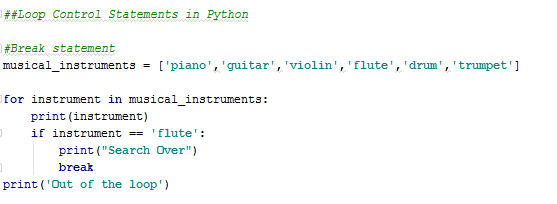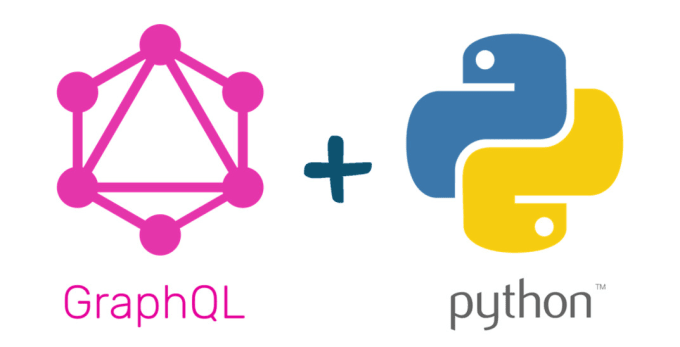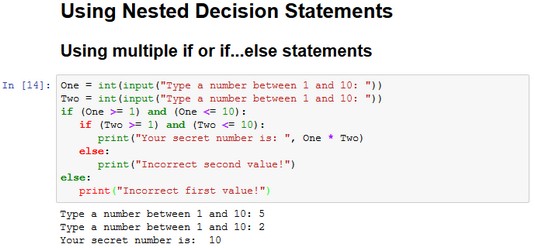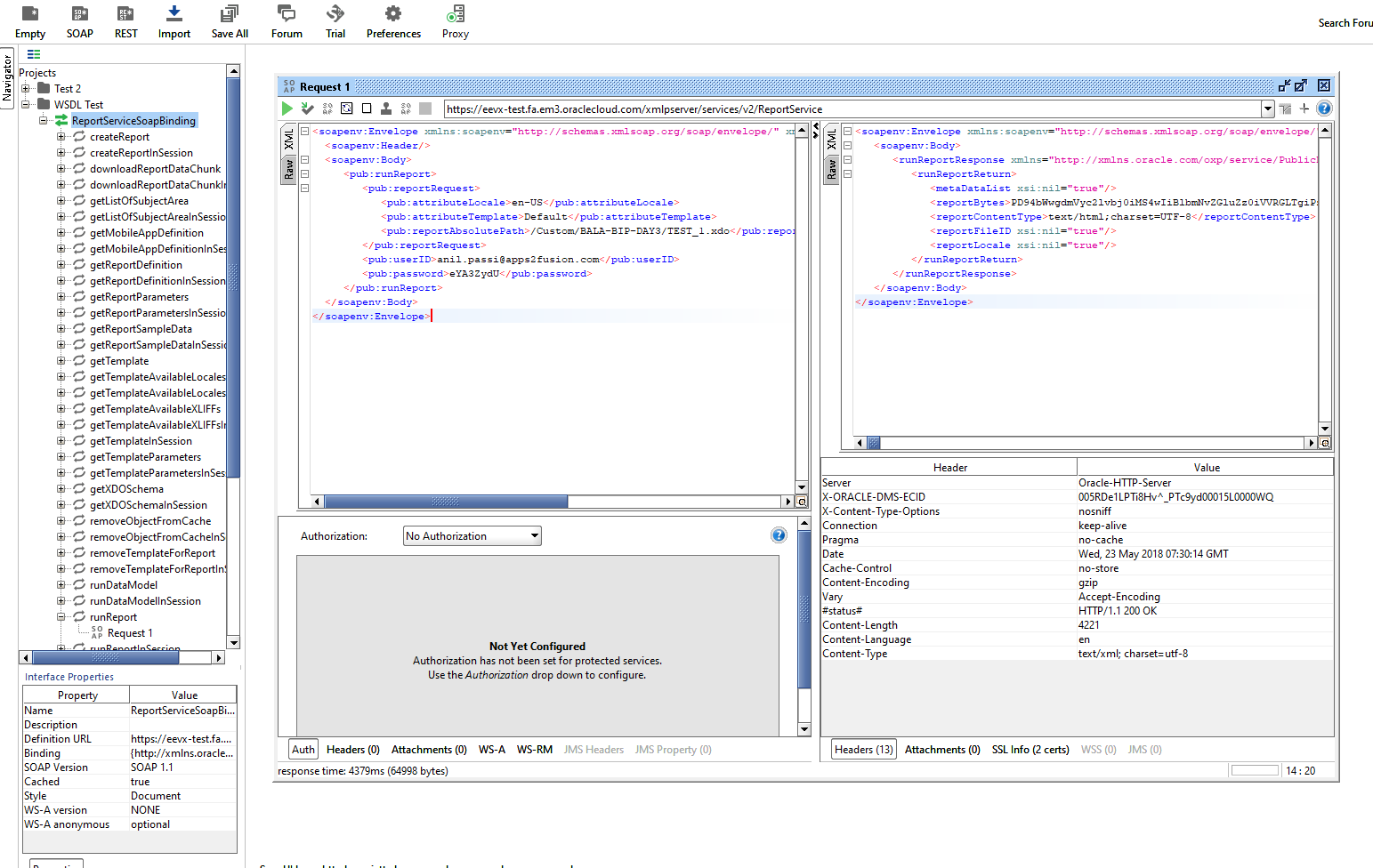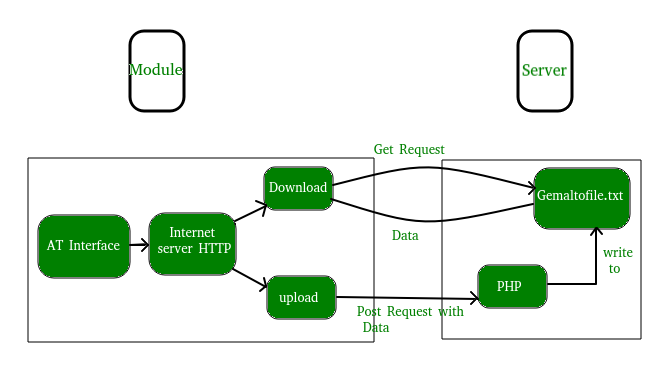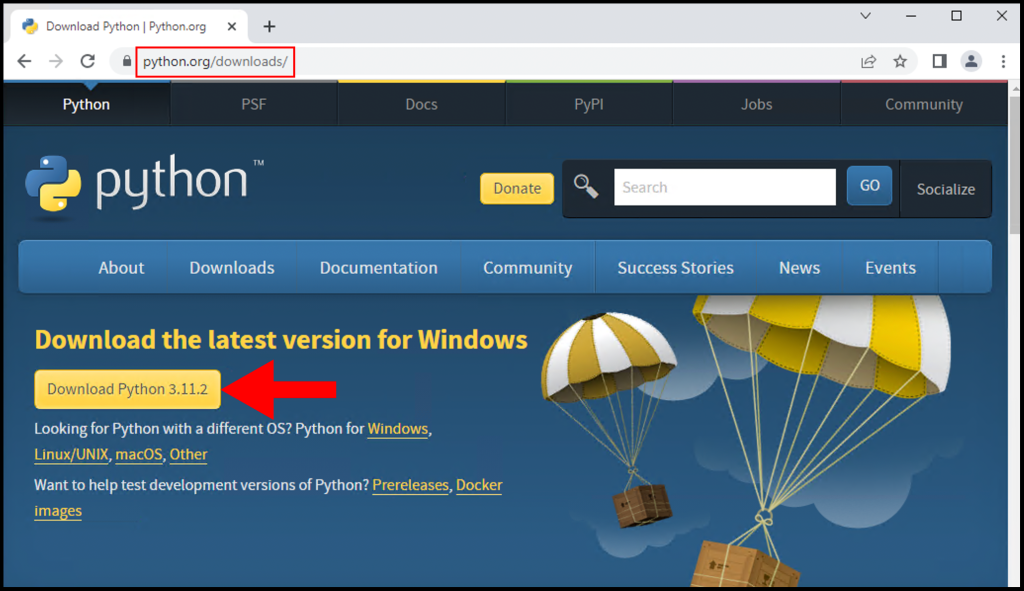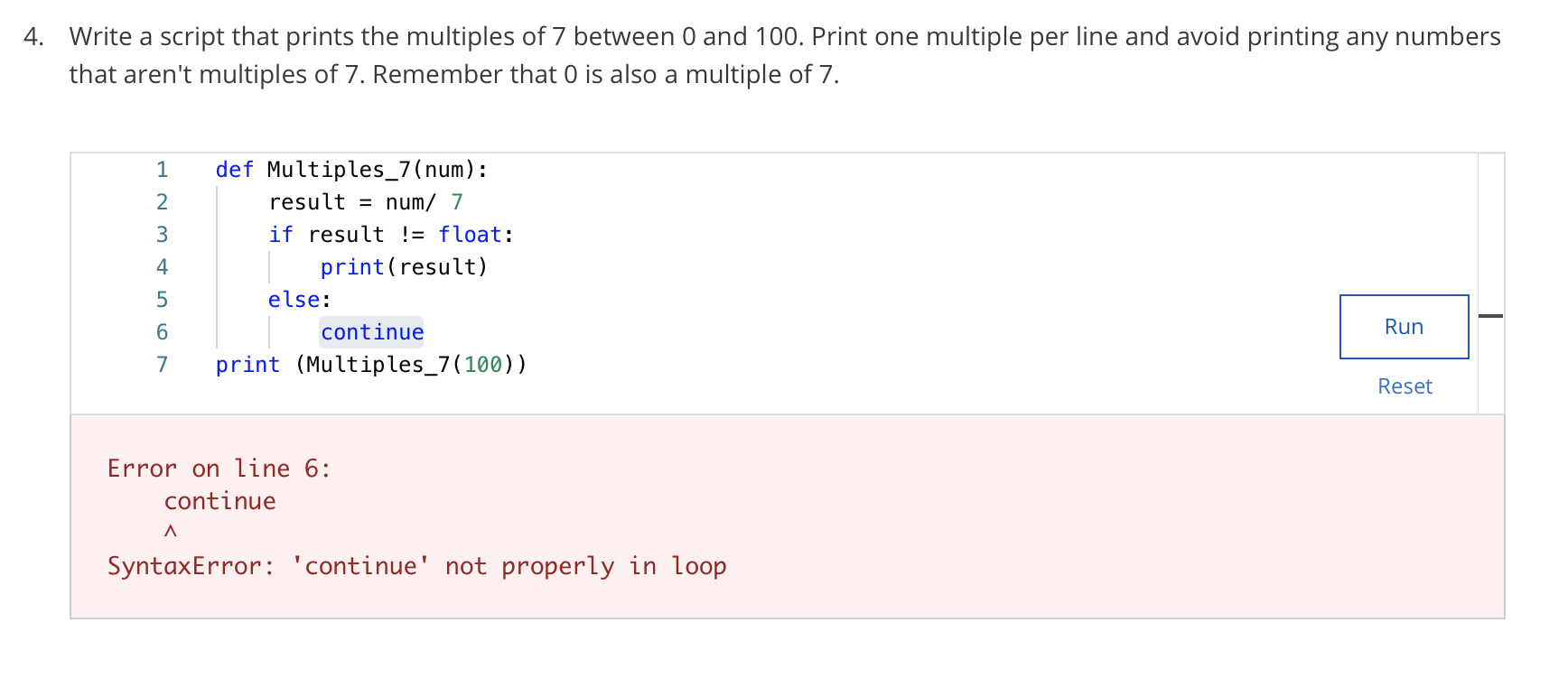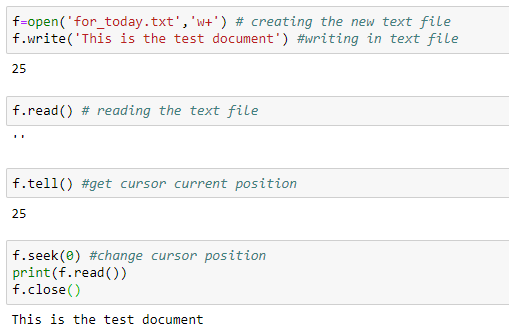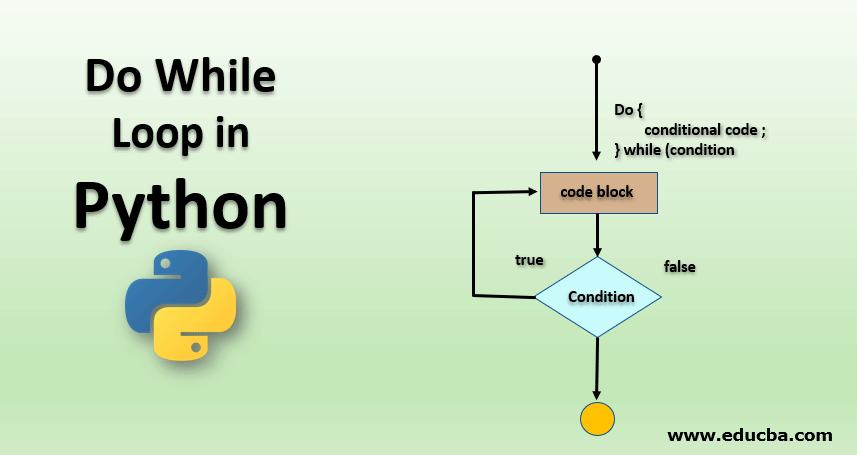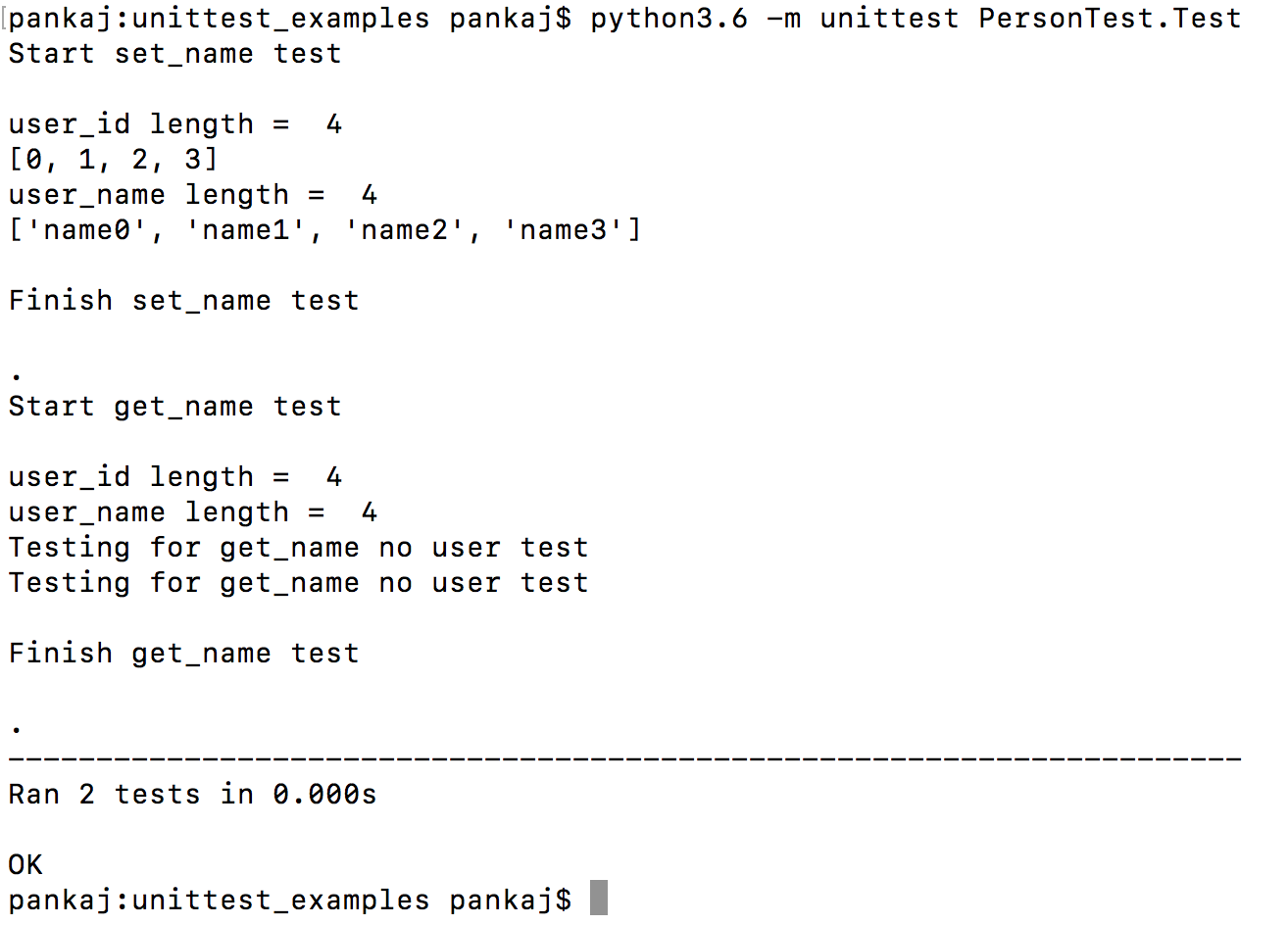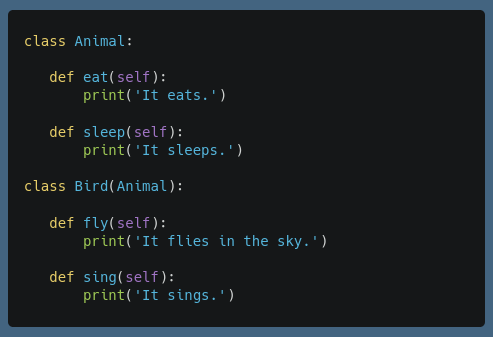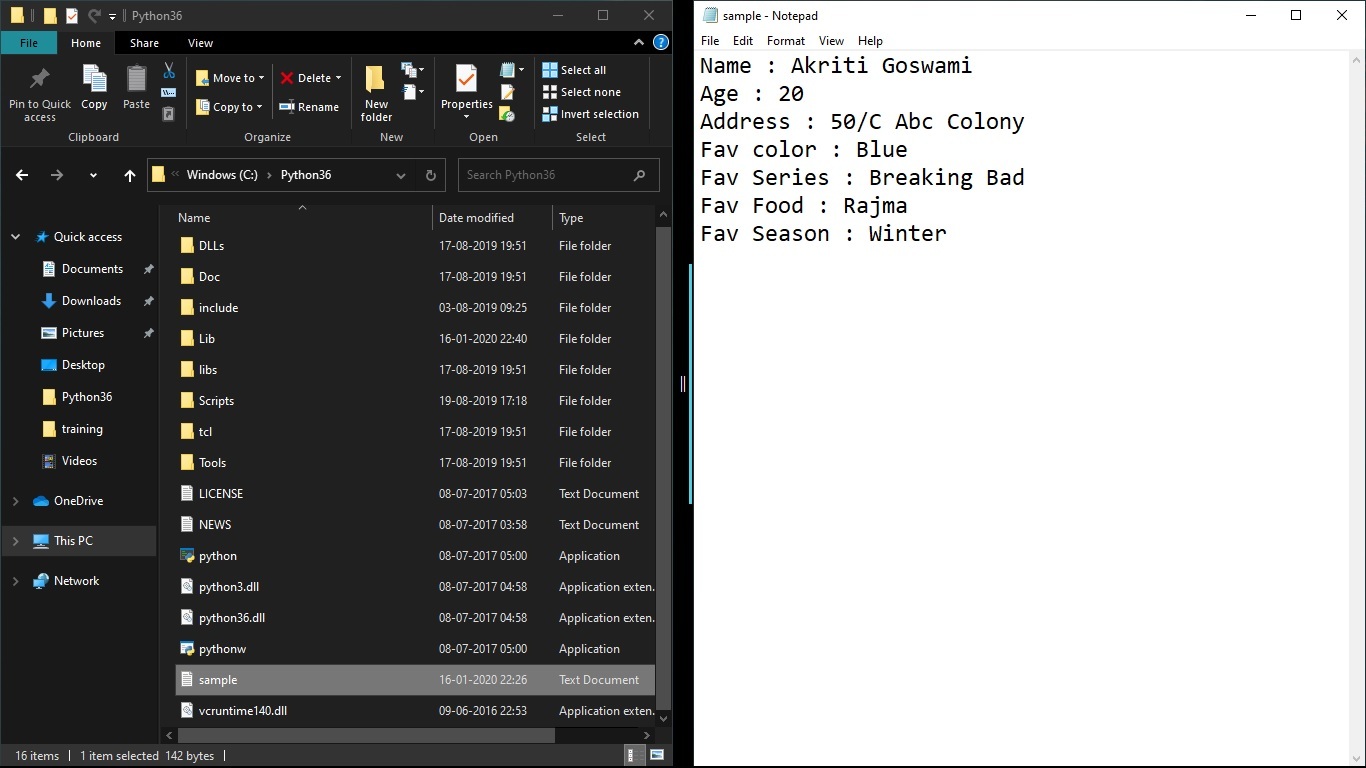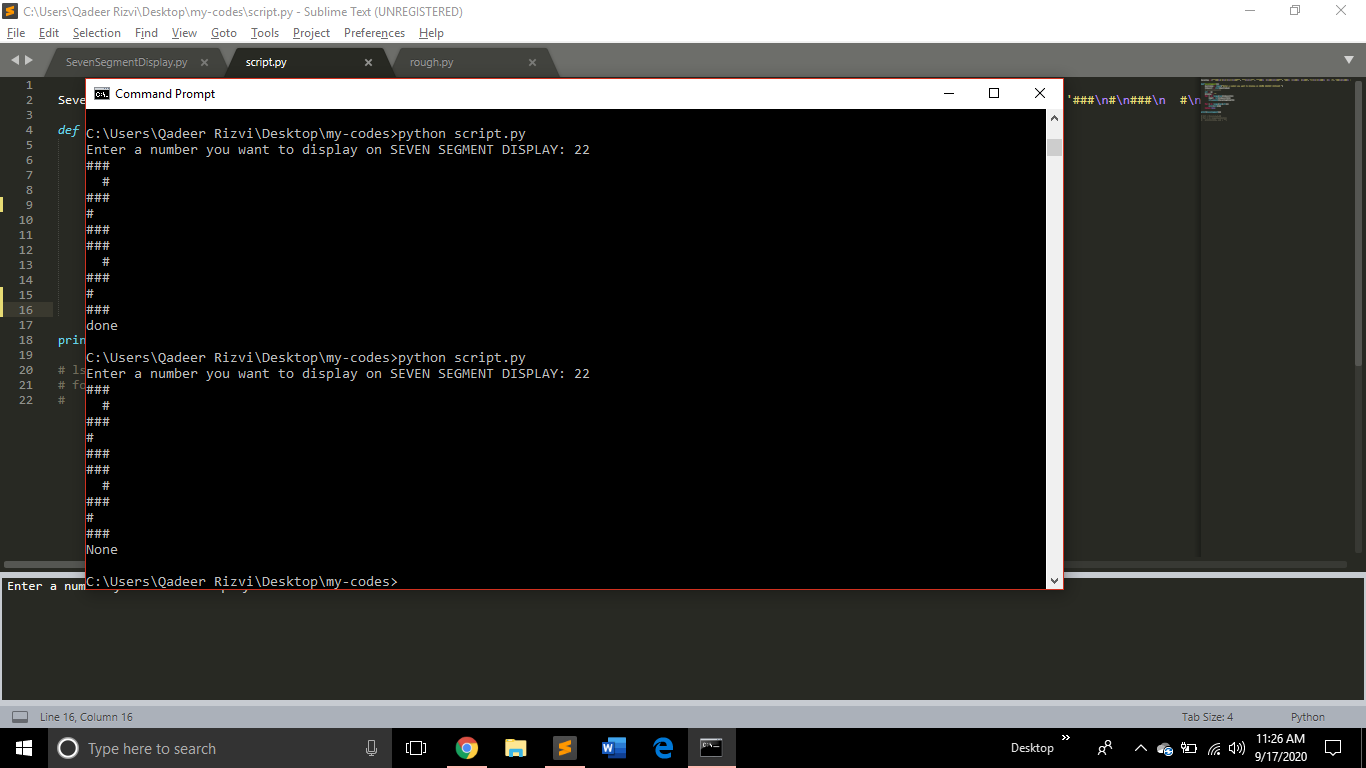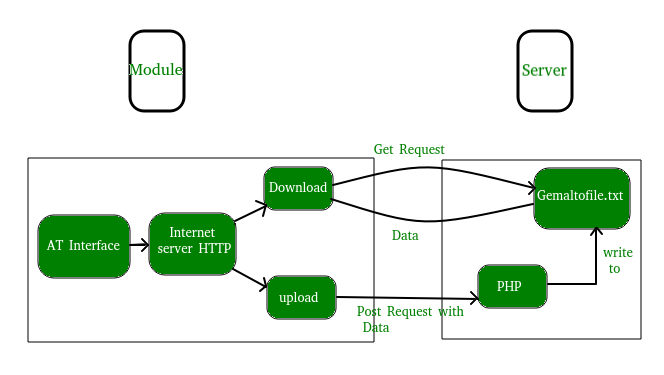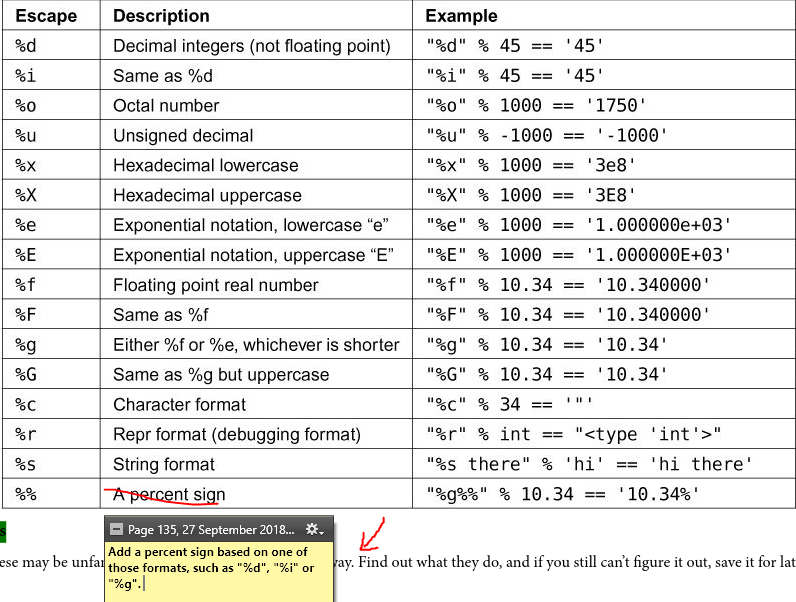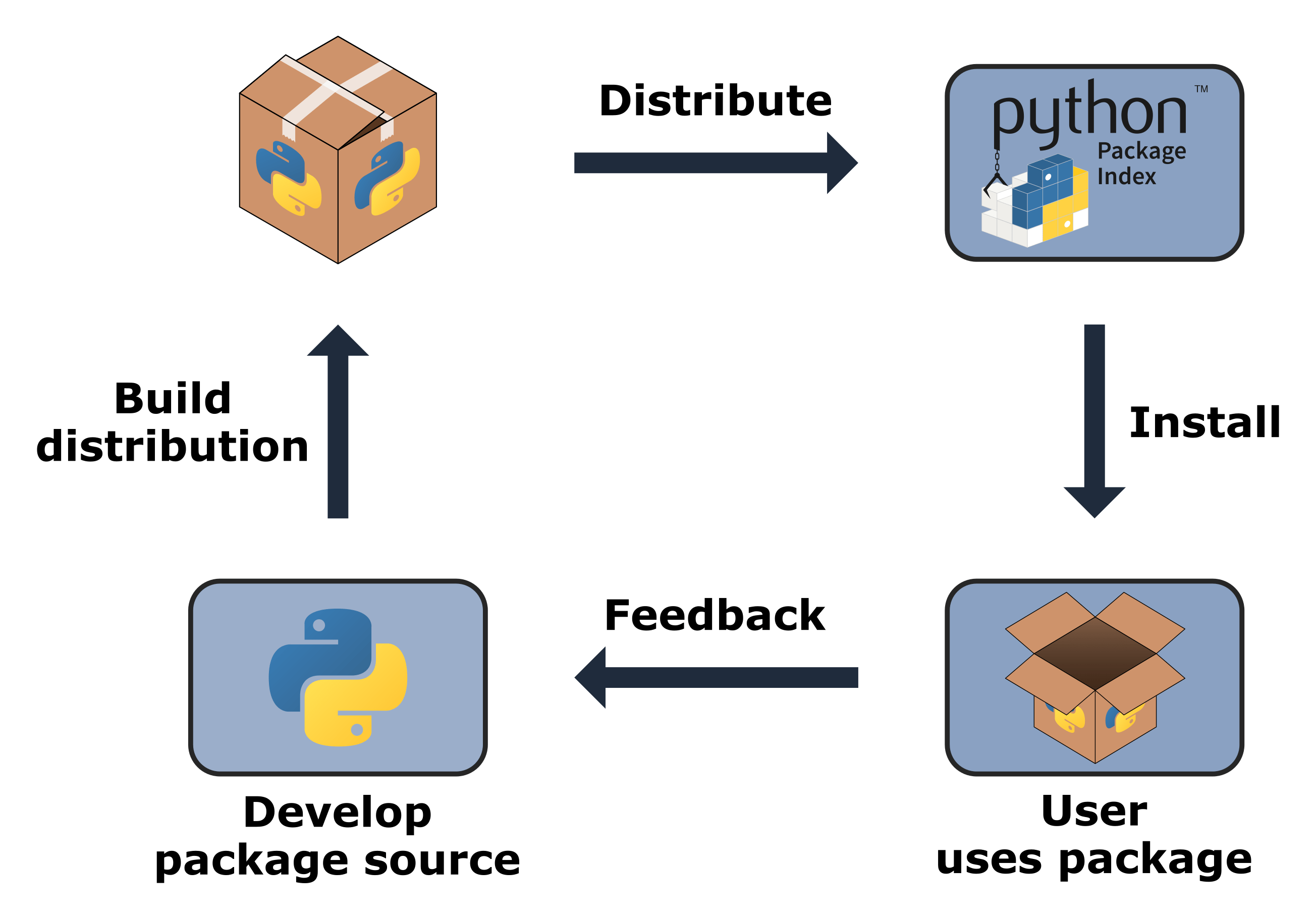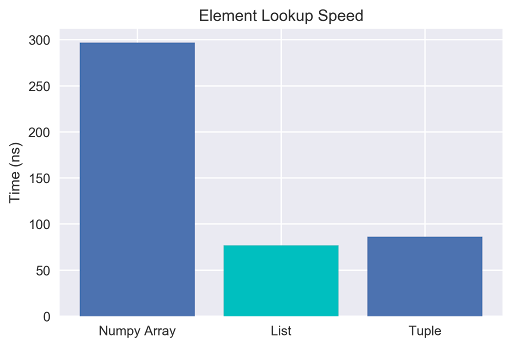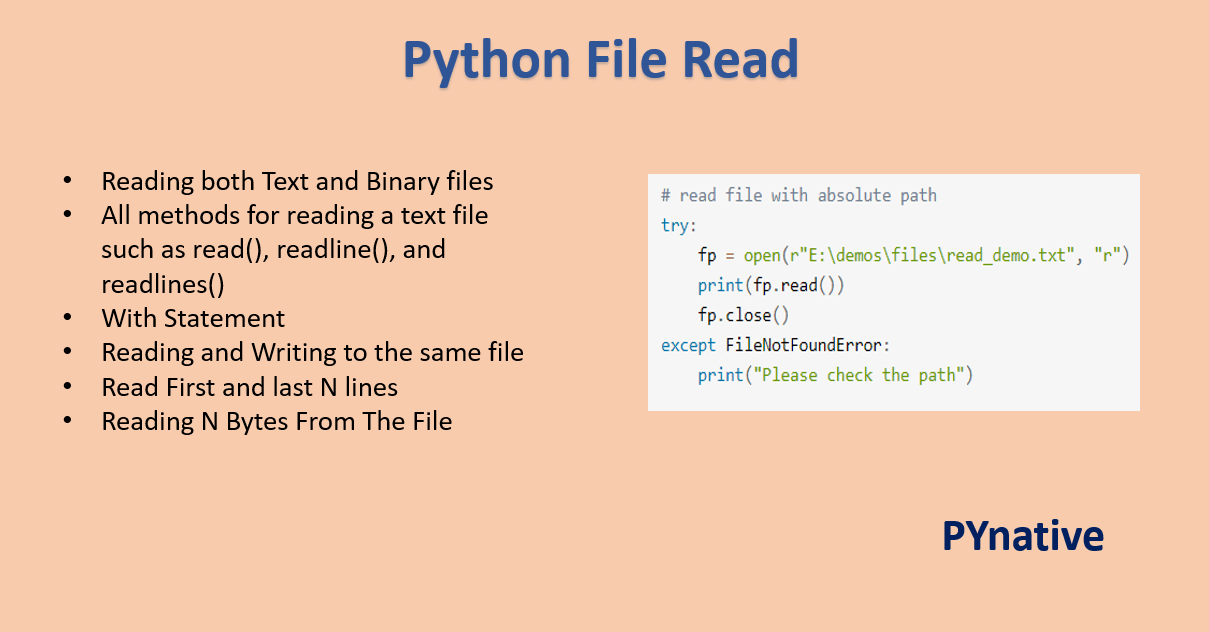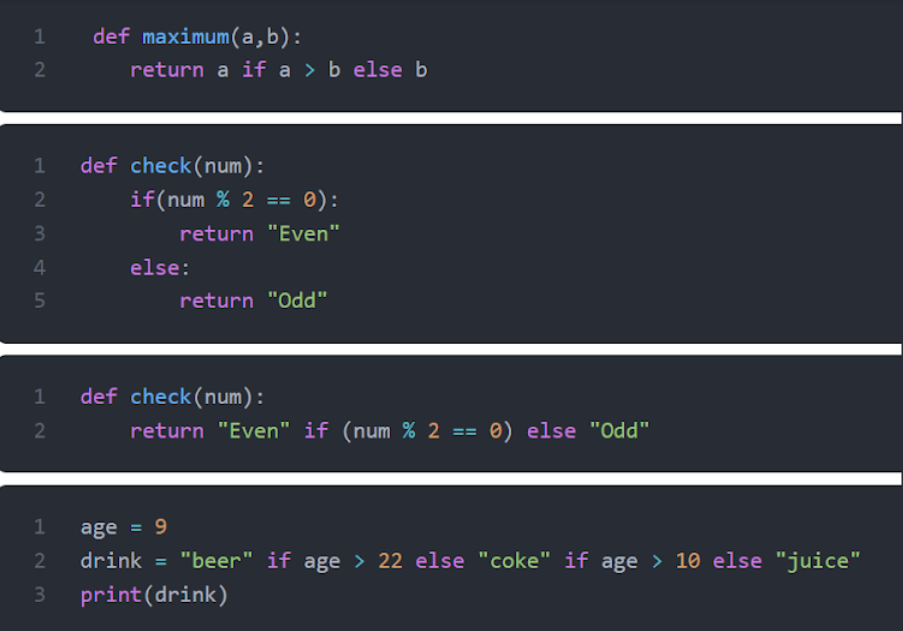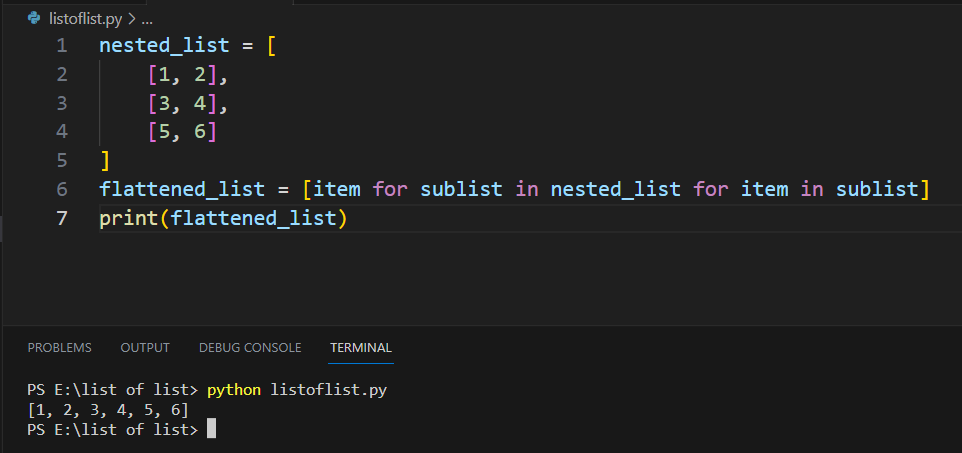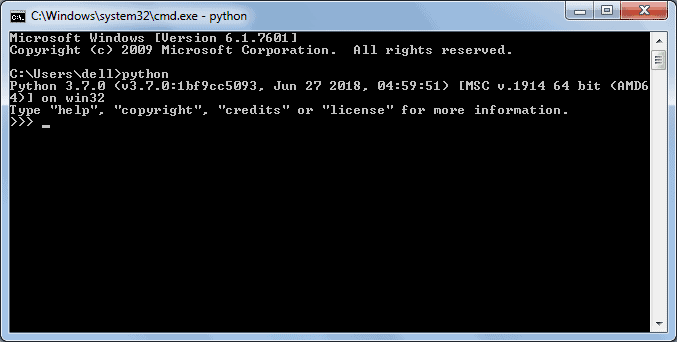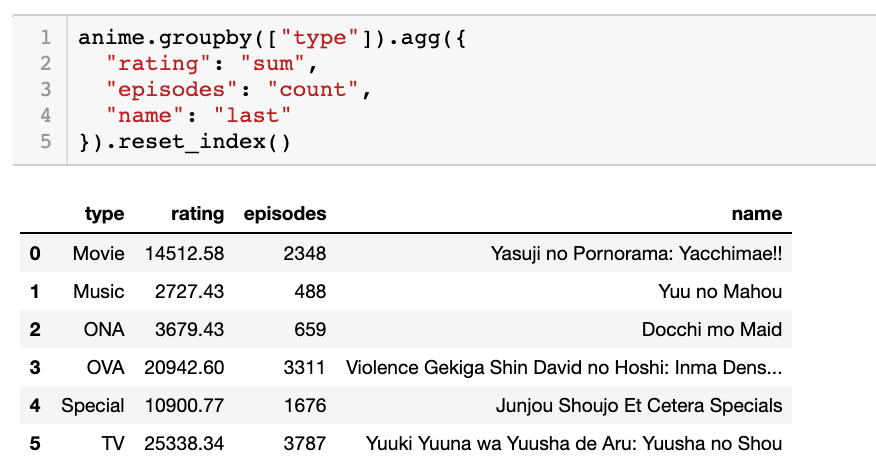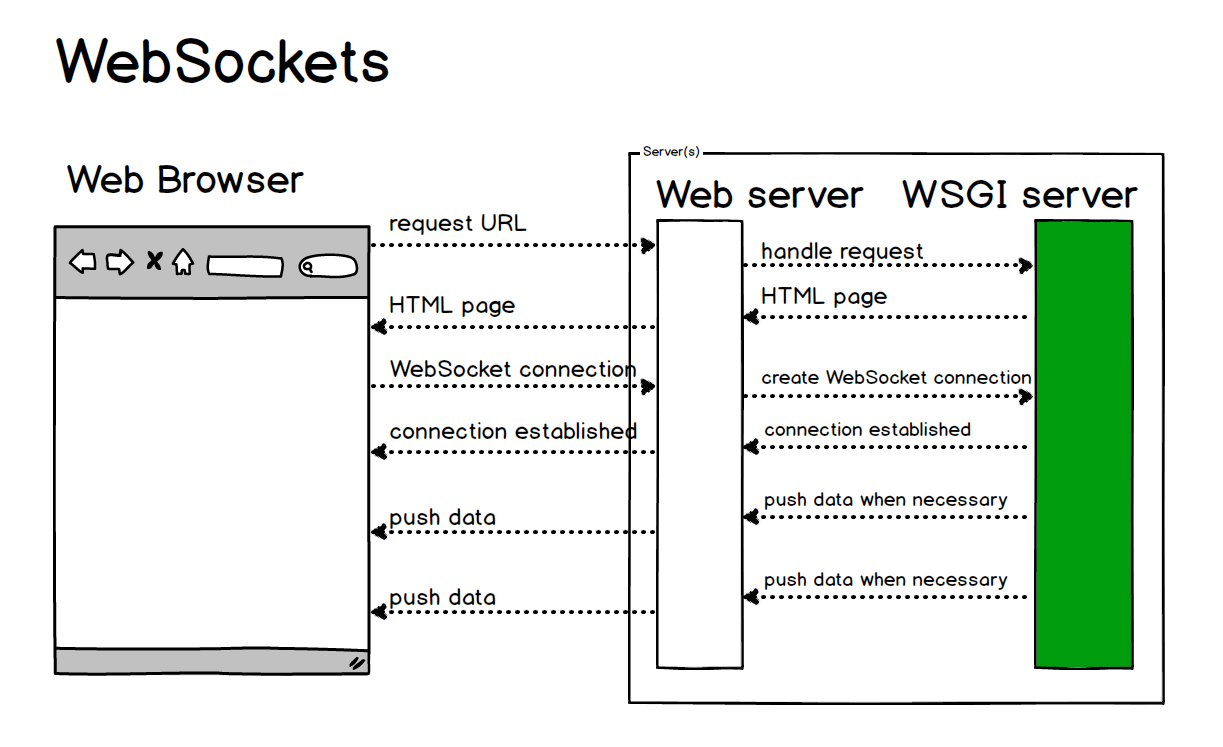What is Python used for in the real world
What is Python used for in the real world
Python is a versatile programming language widely used in various industries and applications. Its ease of use, flexibility, and extensive libraries make it an ideal choice for many tasks. Here are some examples of how Python is used in the real world:
Data Science and Machine Learning: Python's popular libraries like NumPy, pandas, scikit-learn, and TensorFlow enable data scientists to analyze, manipulate, and model complex datasets. Companies like Netflix, Amazon, and Google rely on Python for building recommendation systems, natural language processing, and predictive modeling. Web Development: Python's Django and Flask frameworks are popular choices for web development. They simplify the process of creating web applications by providing a robust framework and extensive libraries. Companies like Instagram (Facebook), Pinterest, and Dropbox use Python to build their websites. Automation and Scripting: Python is often used as a scripting language to automate repetitive tasks and workflows. Its ease of use makes it an ideal choice for automating administrative tasks, data processing, and report generation. Scientific Computing: Python's NumPy and SciPy libraries make it an excellent choice for scientific simulations, data analysis, and visualization. Researchers in various fields like physics, biology, and climate modeling rely on Python to process large datasets and perform complex calculations. Education and Research: Python is widely taught as a first programming language in schools and universities due to its simplicity and ease of use. It's also used in research institutions for data analysis, simulations, and modeling. Gaming: Python's Pygame and PyOpenGL libraries are popular choices for game development. They provide an easy-to-use framework for creating 2D and 3D games. Independent game developers and small studios use Python to build their games. Artificial Intelligence (AI) and Robotics: Python is used in AI research and robotics due to its flexibility, ease of use, and extensive libraries like OpenCV and ROS (Robot Operating System). Companies like Boston Dynamics and Google use Python for building robots and AI systems. Finance and Banking: Python's NumPy and pandas libraries are used in financial modeling, risk analysis, and algorithmic trading. Investment banks, hedge funds, and financial institutions rely on Python to build trading models, perform data analysis, and generate reports. Healthcare and Biotechnology: Python is used in healthcare and biotech research for analyzing large datasets, building predictive models, and automating laboratory tasks. Pharmaceutical companies like Pfizer and Merck use Python for bioinformatics, genomics, and proteomics research. Cybersecurity: Python's libraries like Scapy, Nmap, and Paramiko enable cybersecurity professionals to build network scanners, analyze network traffic, and automate penetration testing. Companies like Microsoft and IBM use Python in their cybersecurity research and development efforts.In conclusion, Python's versatility, ease of use, and extensive libraries make it an ideal choice for many applications in various industries. Its real-world usage spans data science, machine learning, web development, automation, scientific computing, education, gaming, AI, finance, healthcare, and cybersecurity, among others.
What python is used for in real life reddit github
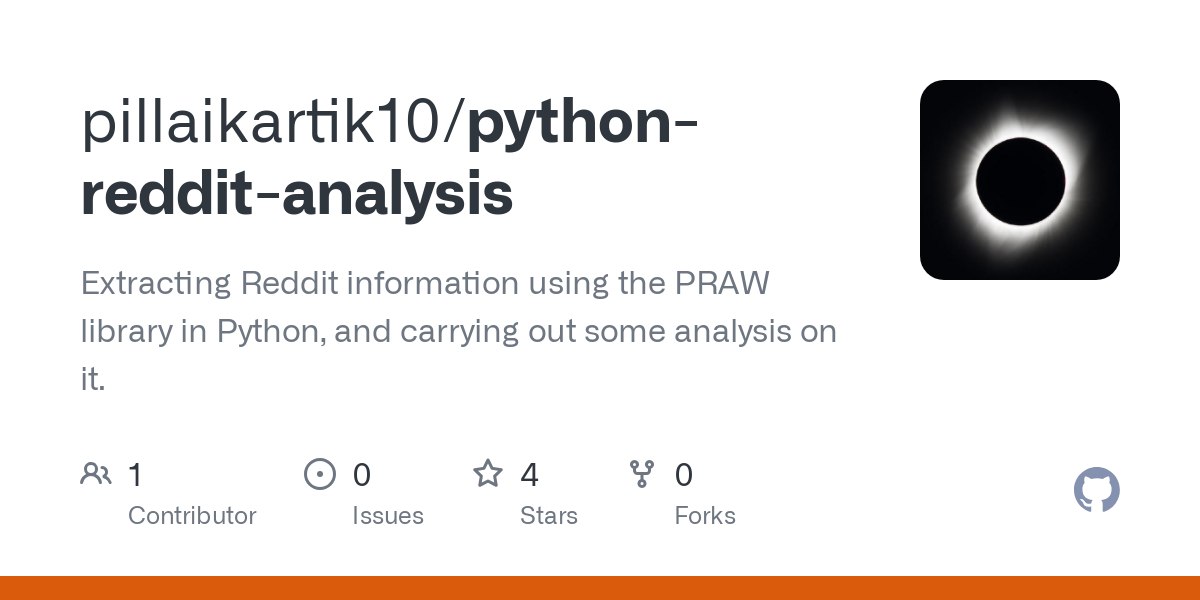
I'd be happy to help! Python is a versatile and widely-used programming language that has numerous applications in various fields, including:
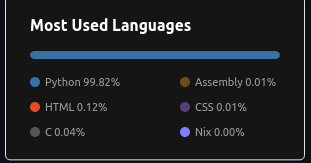
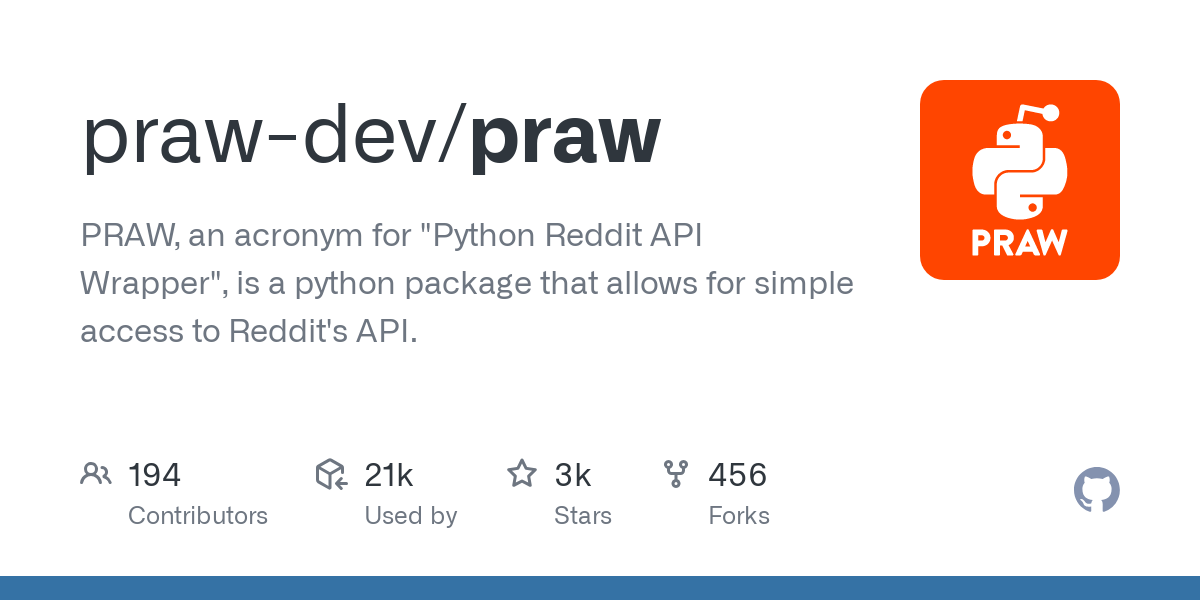
Some notable examples of Python's real-world applications include:
NASA uses Python to analyze data from space missions Google uses Python for various internal tools and services Facebook uses Python for building many of its backend services Reddit uses Python for its comment scoring system and other internal toolsMany popular open-source projects, such as GitHub's Git server, use Python. Even some well-known companies like Netflix, Dropbox, and LinkedIn have teams dedicated to using Python for various applications.
Python's ease of use, flexibility, and extensive libraries make it a go-to language for many industries and applications. Its versatility has earned it the nickname "the programmer's Swiss Army knife" – it can be used for anything from simple scripting tasks to complex data analysis and machine learning projects.


